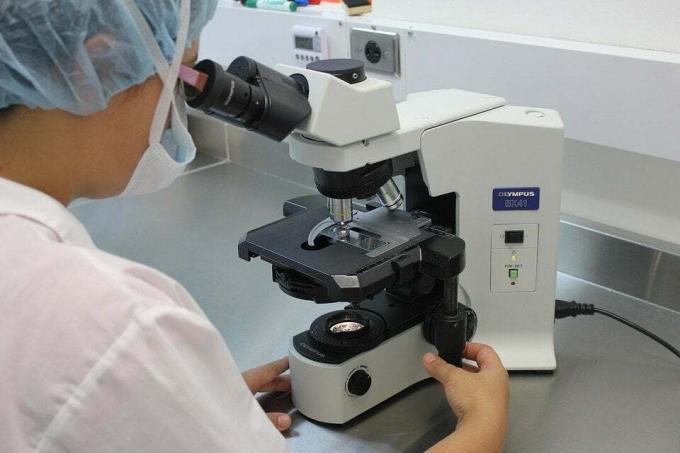The profession of Teacher Training for Basic Education, Secondary Level is the area of knowledge responsible for imparting to its students the pedagogical methods necessary to educate young people and teenagers. Usually between the ages of 13 and 15.
It is the stage of secondary education where the scientific topics acquired in previous stages are mainly reaffirmed and expanded. The process is through practice and investigation of the subjects of the school curriculum.
Advertisements
Professionists of Teacher Training for Basic Education, Secondary Level exercise their careers by imparting knowledge to their students. They are given a reflective, dynamic and creative capacity.
To do this, they seek the use of various pedagogical tools and teaching methods. They use audiovisual media and usually teach their class in the classroom, gymnasiums or laboratories. As long as they are consistent with the subject in which you are working.
Advertisements
They tend to specialize in a specific area of knowledge, which is why they often teach classes in several related subjects. Such is the case with chemistry and physics teachers.
The career of Teacher Training for Basic Education, Secondary Level is the 35th highest paid in all of Mexico. These professionals have an income from schooling of $ 10,441 per month. Approximately US $ 542.
Advertisements
However, this salary can be increased after graduating from a postgraduate degree. In that case, the monthly income reaches a monthly average of $ 16,974. Approximately US $ 882 on average per month.

Advertisements
In this article you will find:
Activities of graduates in Basic Training for Basic Education, Secondary Level
Some of the activities that these professionals frequently carry out are:
- Plan and prepare classes using pedagogical resources, either created or adapted for your courses.
- Teach your students lessons and prepare them for the assessments.
- Correct, evaluate, grade and guide learning.
- Carry out the writing of reports.
- Participate in school meetings.
- Indicate, guide and enforce standards of conduct.
- Identify which of your students require more attention to achieve objectives.
- Request support from other professionals if necessary, some of these may be: psychologists, psychopedagogues or social workers.
- Accompany and guide school trips or visits to places of educational, cultural or recreational interest.
- Promote socialization and good treatment among their students.
- Register the attendance of your students.
- Update your pedagogical knowledge.
Some of the programs related to the topics of this career are: Secondary education for foreign languages, natural sciences, Spanish or Telesecundaria.
Advertisements
Where to study the race?
In Mexico City there are no institutions where you can study this profession. However, in the state of Colima, the University of Colima offers the degree at a professional level and its students obtain a degree in secondary education in mathematics.
Finally, the labor field of these professionals is very broad since they can be employed as:
- Teachers in schools and institutions, both private and public.
- Producers, editors and advisers of pedagogical resources.
- Advisors of educational, cultural, artistic or sports projects.
- Teacher of classes at a private level.


